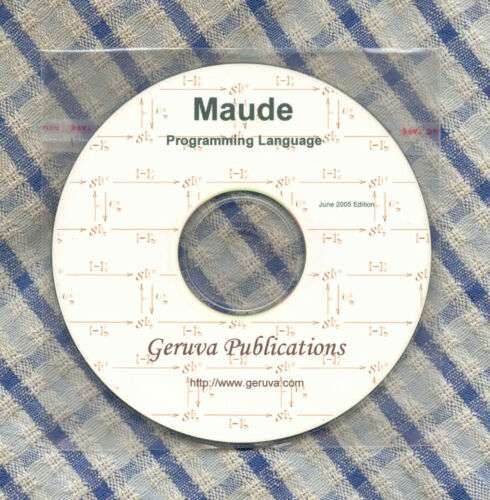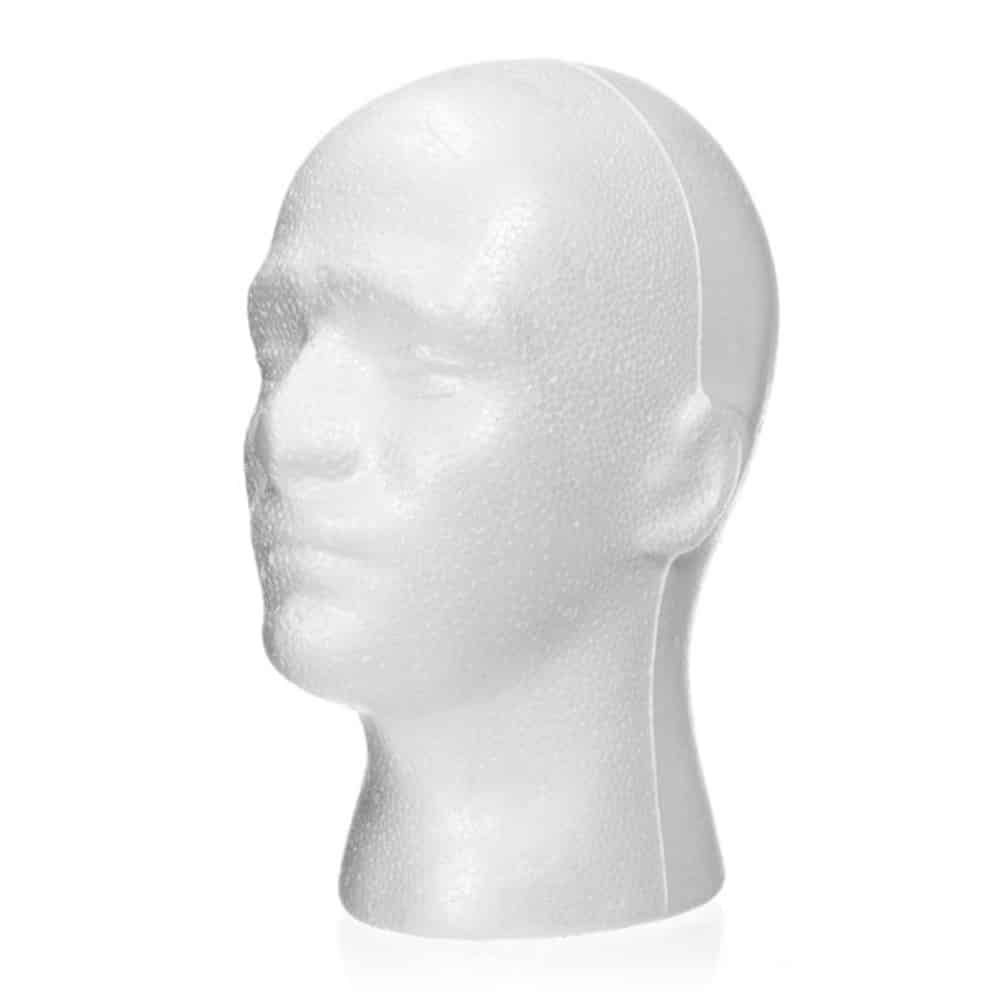




ID: 931690
SKU: 3.73E+11
Category: Computer software and drivers
Tags: 30days
Immerse in Tomorrow's Tech: Maude Programming Language - Revolutionizing UNIX Linux Logic
About this item:
- The Maude programming language is a high-level, reflective, and concurrent language specifically designed for specifying and prototyping complex systems, especially those that involve rewriting logic. - Maude is used by researchers and practitioners in a wide range of disciplines, including computer science, software engineering, artificial intelligence, and formal methods. - Maude offers a unique combination of features that make it well-suited for developing complex systems, including: - A declarative programming style that makes it easy to specify the behavior of systems in a clear and concise way. - A powerful rewriting logic engine that can be used to implement complex computations efficiently. - A reflective architecture that allows programs to inspect and modify themselves at runtime. - Maude is also highly durable and reliable, making it a good choice for developing mission-critical systems.
₹20250
On preorder
Delivered in 30-60 days
On Pre-Order
Guaranteed Secure
- Guaranteed delivery
- Fast shipping
- PAN India shipping
- 100% Secure payment
- Regular orders dispatch in 48 Hours
- Pre-orders dispatch in 30-45 days
- Returns accepted
- Fast refund process
- 24/7 customer support







